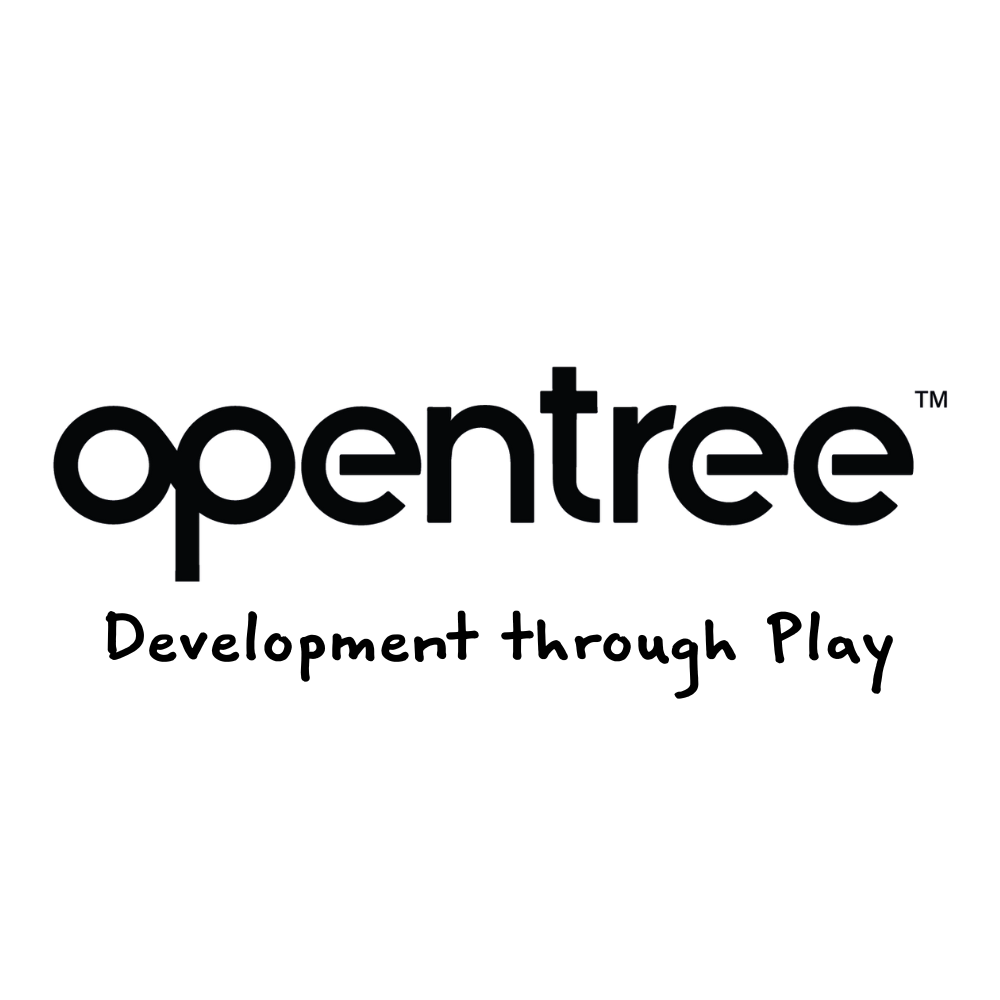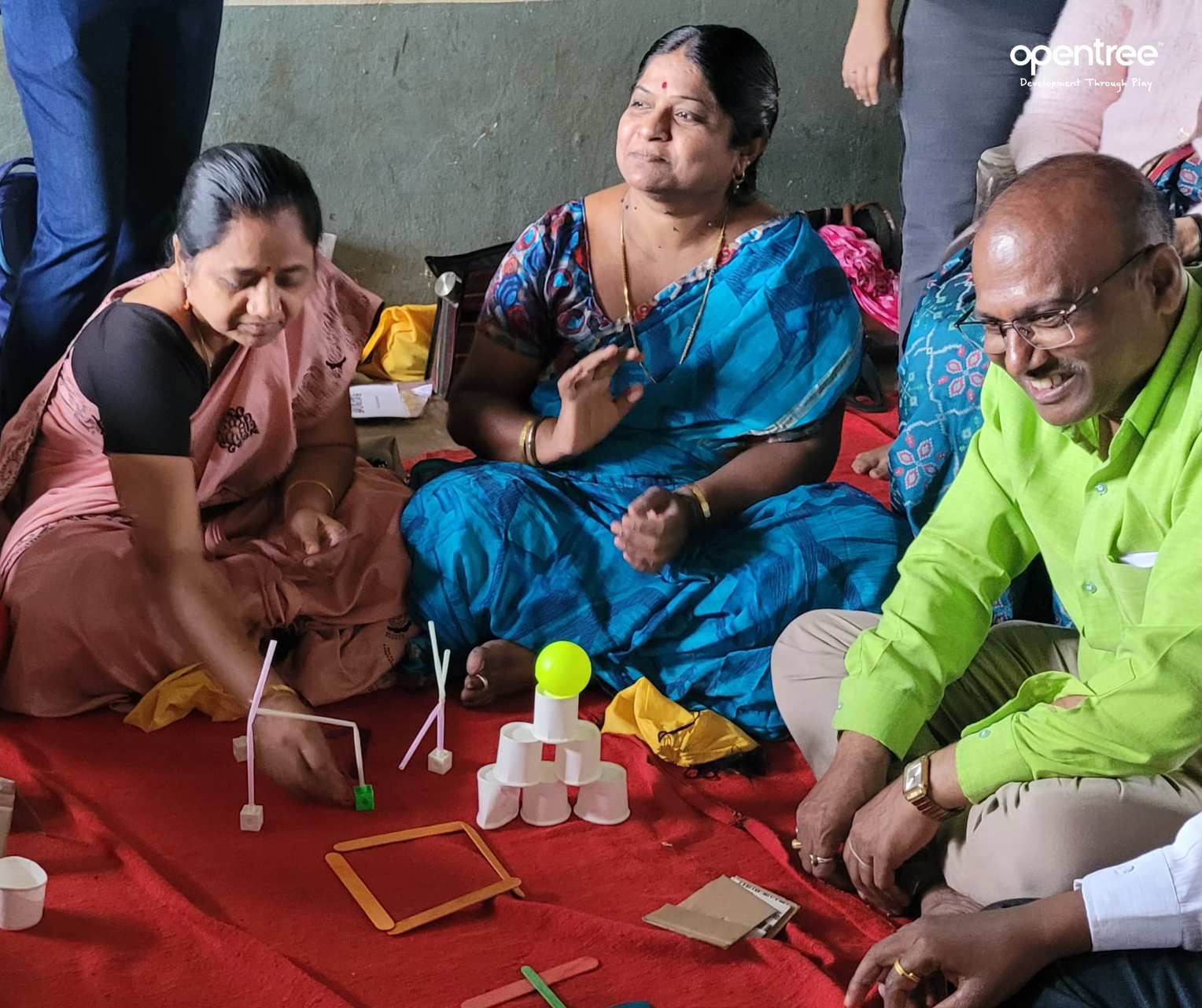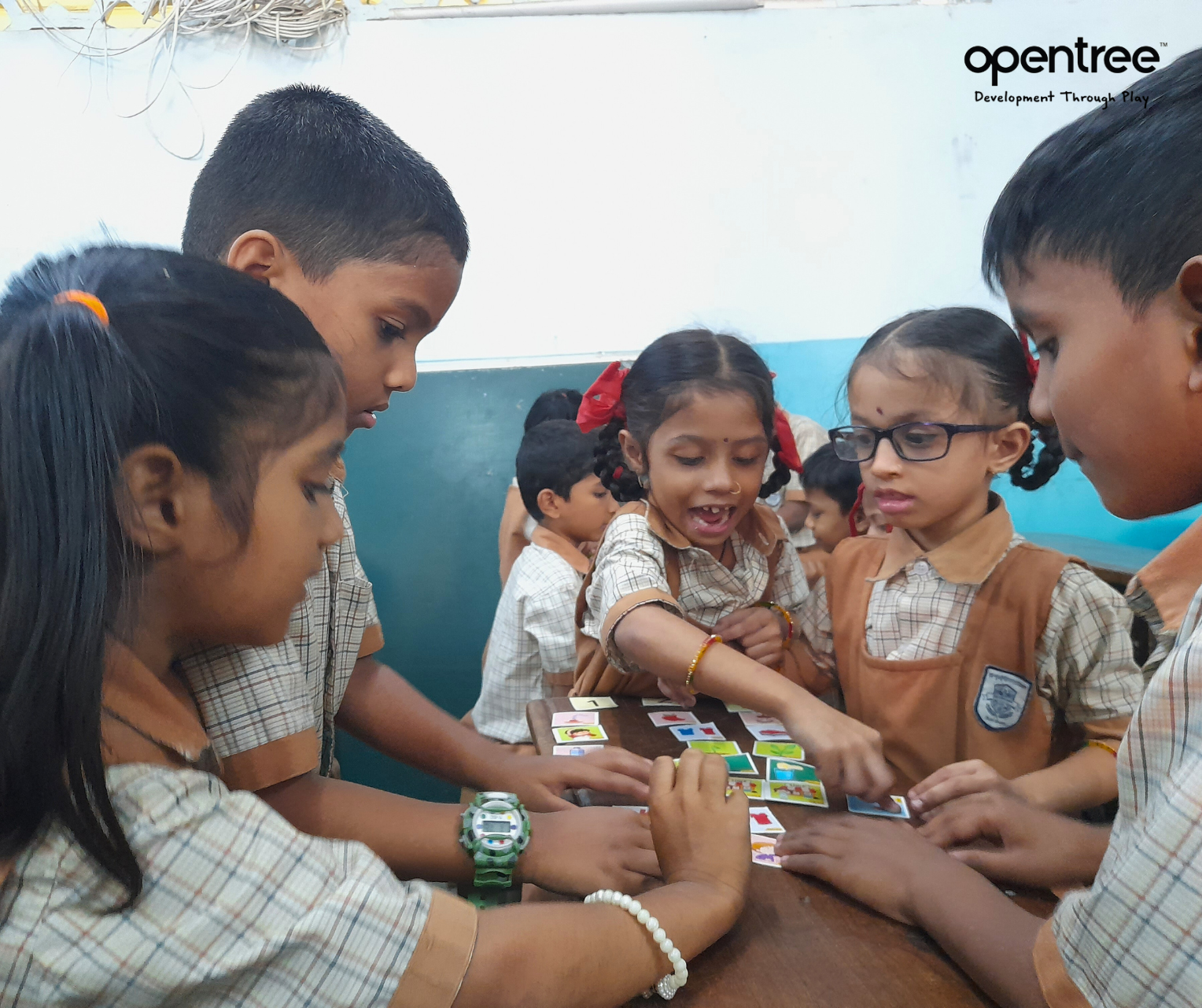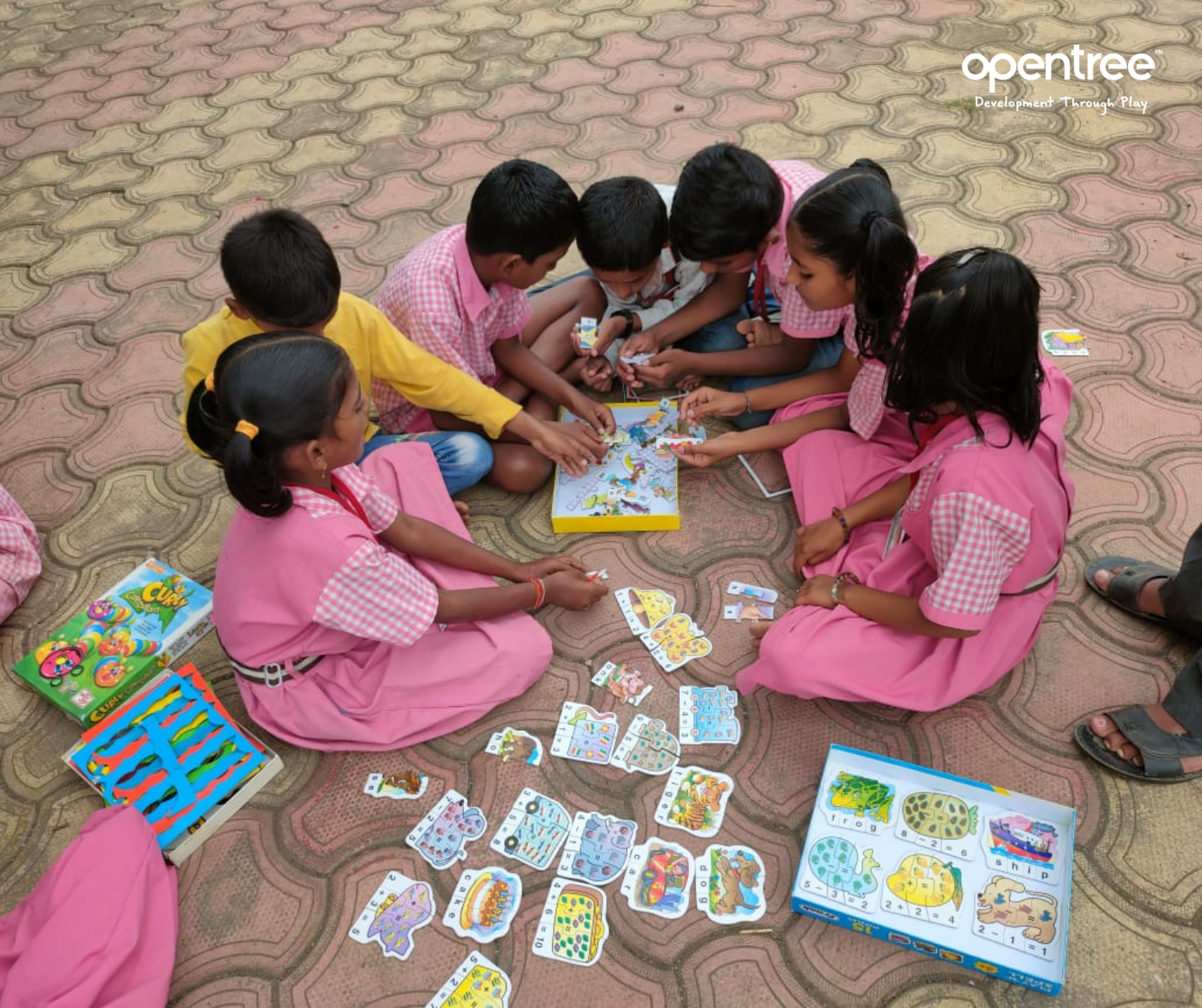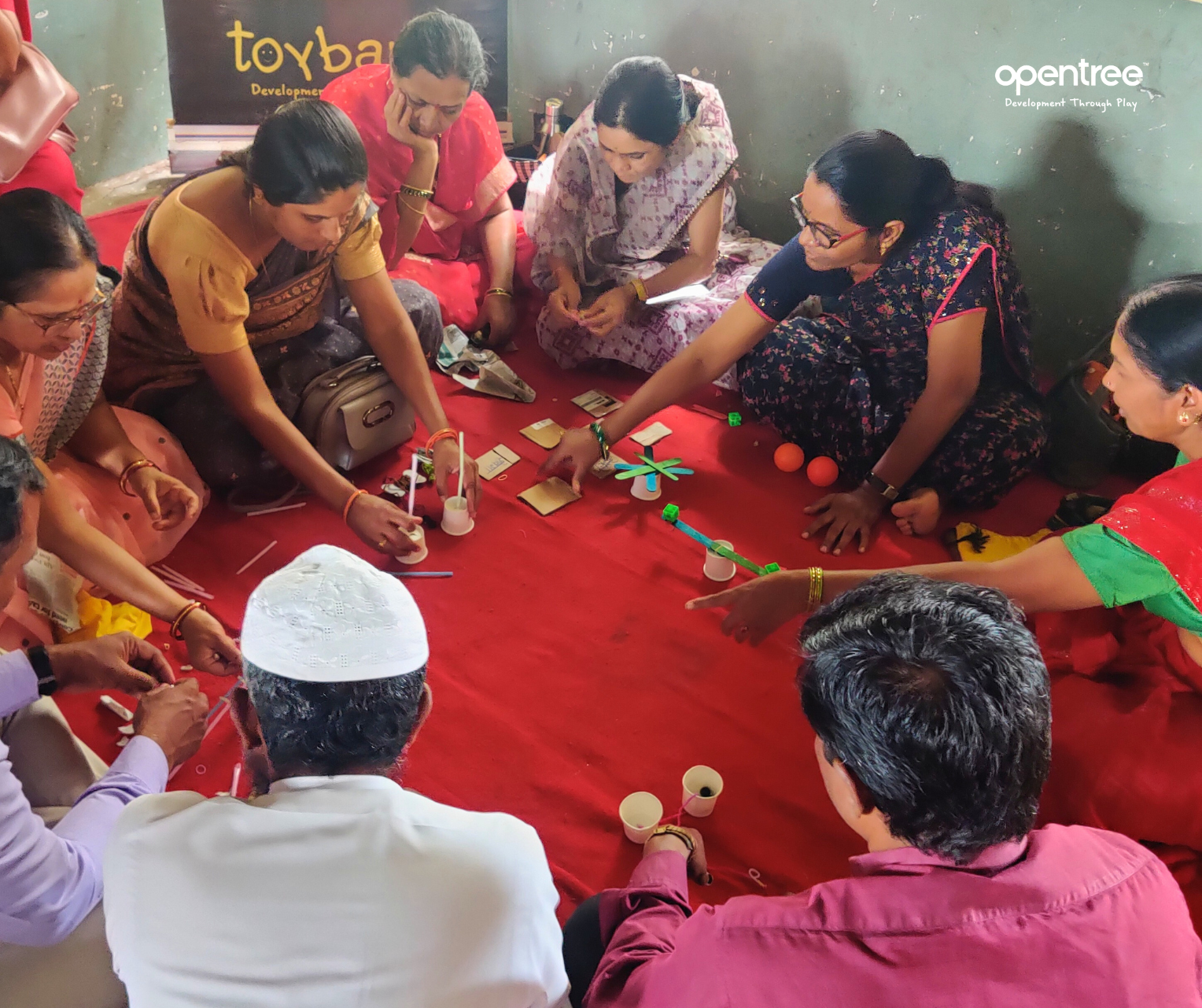“Receiving the STAR endorsement from Montessori Global gives us immense courage and confidence to keep marching forward and pushing harder. At The Opentree Foundation, our vision has always been to make the world a better place by empowering children through Play. Over the years, we’ve worked across communities in India to create joyful, inclusive learning environments that allow children to express, explore, and thrive. This endorsement is not just a recognition of our efforts—it’s a powerful validation of the belief that Play has the potential to solve some of the world’s most pressing problems at multiple levels.”
The Opentree FoundationSSK2025-06-19T16:28:40+01:00

